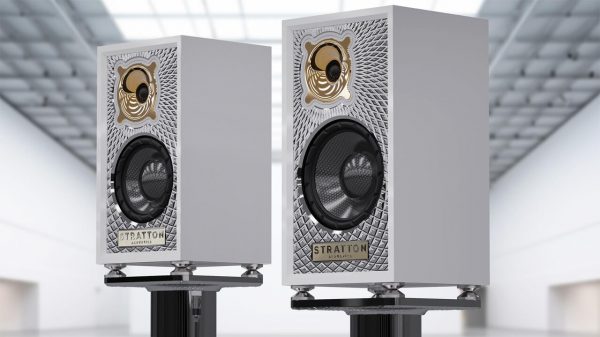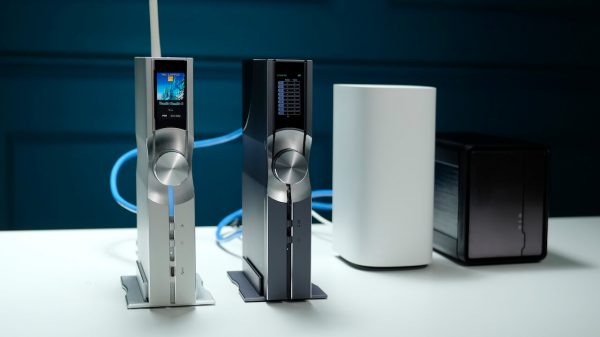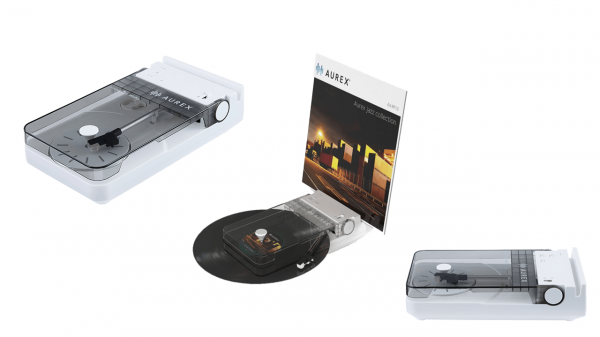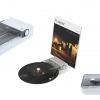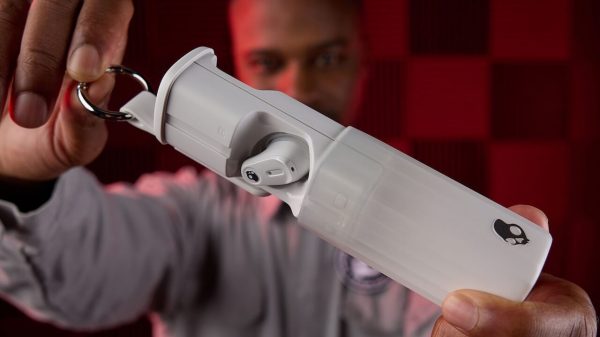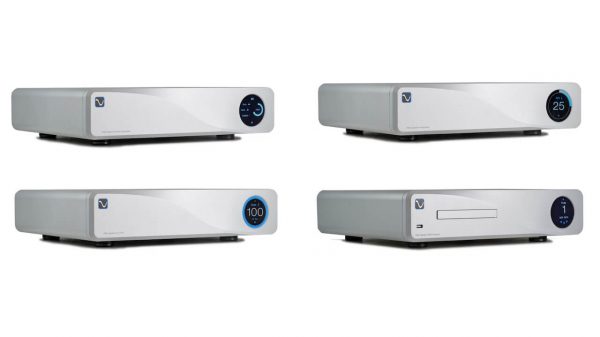Urges RIAA Not to Confuse CD Burning with Piracy
Arlington, VA, August 18, 2005 – The following statement was issued today by Consumer Electronics Association (CEA) President and CEO Gary Shapiro in response to recent media reports noting the recording industry’s heightened focus on music copied onto blank recordable CDs:
“There they go again – The recent news that the recording industry now considers casual, non-commercial CD burning as a threat to be stopped comes as no surprise. Even with their recent victory in MGM v. Grokster, the recording industry continues efforts to chip away at established home recording and fair use rights.
“We are concerned that the record industry is targeting consumer place shifting and CD burning, even as they admit that it is legal conduct. While arguing the MGM v. Grokster case before the U.S. Supreme Court, Donald Verrilli, an attorney representing the record companies stated, ‘My clients, have said, for some time now, and it’s been on their Website for some time now, that it’s perfectly lawful to take a CD that you’ve purchased, upload it onto your computer, put it onto your iPod. There is a very, very significant lawful commercial use for that device, going forward.'”
“Also, in a recent presentation before the National Association of Recording Merchandisers (NARM) delivered by Mitch Bainwol, CEO of the Recording Industry Association of America (RIAA), Bainwol stated, ‘We have no objection to personal use burning.’ Yet, their tactics and strategies do not reflect the same sentiment.
“The fact is, making a backup or mix CD for personal use is not copyright infringement, and Americans who enjoy personal CD burning are not lawbreakers. Consumers have the right to make backup copies and to move (place-shift) their lawfully acquired music, movies and other material from device to device. Home recording and piracy must not be confused.
“Rather than focusing on real commercial piracy, recording companies have chosen to alienate their customers by limiting CD recordability and making CDs incompatible with iPODs or other products. Now they have an obligation to label their products accordingly. Americans have a right to know what they are buying, and should be informed if the CD cannot meet their normal and customary expectations.
“It is ironic that the recording industry continues to cry wolf when so many opportunities exist for the industry to leverage technology for future growth. For example, CEA forecasts sales of MP3 players to grow by more than 45 percent this year. Online music sales continue to increase. Now that Grokster has been resolved in their favor, it is time for the music industry to finally get serious about building digital business models. Content creators should focus their considerable resources and marketing prowess on finding and expanding new business models rather than constricting consumers’ rights and strangling new technologies.”
About CEA:
The Consumer Electronics Association (CEA) is the preeminent trade association promoting growth in the consumer technology industry through technology policy, events, research, promotion and the fostering of business and strategic relationships. CEA represents more than 2,000 corporate members involved in the design, development, manufacturing, distribution and integration of audio, video, mobile electronics, wireless and landline communications, information technology, home networking, multimedia and accessory products, as well as related services that are sold through consumer channels. Combined, CEA’s members account for more than $121 billion in annual sales. CEA’s resources are available online at www.CE.org, the definitive source for information about the consumer electronics industry.
CEA also sponsors and manages the International CES – Defining Tomorrow’s Technology. All profits from CES are reinvested into industry services, including technical training and education, industry promotion, engineering standards development, market research and legislative advocacy.

